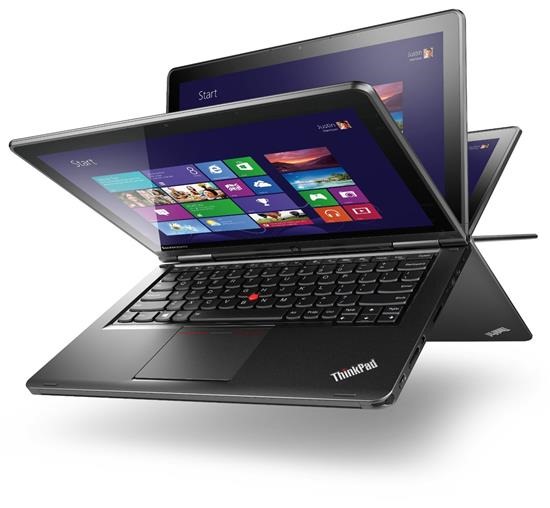Find Our Latest Video Reviews on YouTube!
If you want to stay on top of all of our video reviews of the latest tech, be sure to check out and subscribe to the Gear Live YouTube channel, hosted by Andru Edwards! It’s free!
Tuesday November 15, 2016 4:52 am
So, what is an Ultrabook anyway?
If you've been shopping for a laptop lately, you may have a vague idea that "ultrabook" means "lightweight" and "small" but otherwise you may be a little confused about why some laptops are called ultrabooks and others aren't. It's understandable – this is one of those areas where names sort of caught on and many different manufacturers started using it, often with different ideas about what it meant. Here are the major points that define an ultrabook, and more importantly the top ultrabooks, and why they matter if you are getting ready to buy a computer.
Brief History
Ultrabook was actually a term created by Intel by in the early 2010s to market a very specific type of laptop – a thin laptop that was still as powerful as larger, bulkier versions (maybe even more powerful). The name was designed, of course, to show customers that Intel processors could do a lot more with less, and so were worth the purchase. Several Intel partners created these top ultrabook lines, which meant that the term was widely used by several brands at once, essentially saturating the laptop world. It's no wonder then that the term caught on and soon used a bit more loosely throughout the industry – but still referring to those core concepts that Intel had in mind.
Size
Ultrabooks are very thin – just how thin can vary because laptops are getting thinner all the time, but generally they are laptops that make you pause and think, "Wow, that's really thin." Around three quarters of an inch thick is the largest that the best early ultrabooks got. General design and displays also tend to be small: Most ultrabooks have a 13-inch screen, and rarely get any larger (some 14-inch and 15-inch models are out there). This makes ultrabooks more suitable for on-the-go work, and a little less useful for design work or entertainment. They also tend to be generally more flexible or hybridized than their larger cousins, often coming with touchscreens and styluses to support different work styles.
Performance
Ultrabooks are also notable for their high-end performance. These laptops won't be competing with gaming computers any time soon, but then generally have enough RAM, enough storage, and a powerful enough processor to handle most tasks. They are often even more powerful than larger laptops and may equal desktop models in some regards. That processor, by the way, is almost by definition an Intel chip (although there are several different lines of Intel processors, each with their own unique qualities). The Intel brand is why few people ever think about MacBooks as ultrabooks, no matter how thin they get – and the power is why lightweight, light-spec models like Chromebooks are very rarely referred to as ultrabooks.
Price
Ultrabook prices vary, but because they tend to have cutting edge specs, you usually have to pay for them. This differentiates them from Chromebooks, which often sell for only a few hundred dollars. Something like the Microsoft Surface Book, on the other hand, can easily cost $2,000 or more because of its advanced specs as the best ultrabook.
Market Definition
These days, ultrabook is used as a product definition term – if you see the word ultrabook, you as a consumer know to expect several things: A very thin, very portable laptop that still tends to have as much power as is possible – and a price tag to match. This helps divide the laptop market into different categories to speed up shopping. For example, if you are looking for a great travel laptop for business purposes, you may want to only look at laptops labeled as ultrabooks, because this is exactly what you need.












